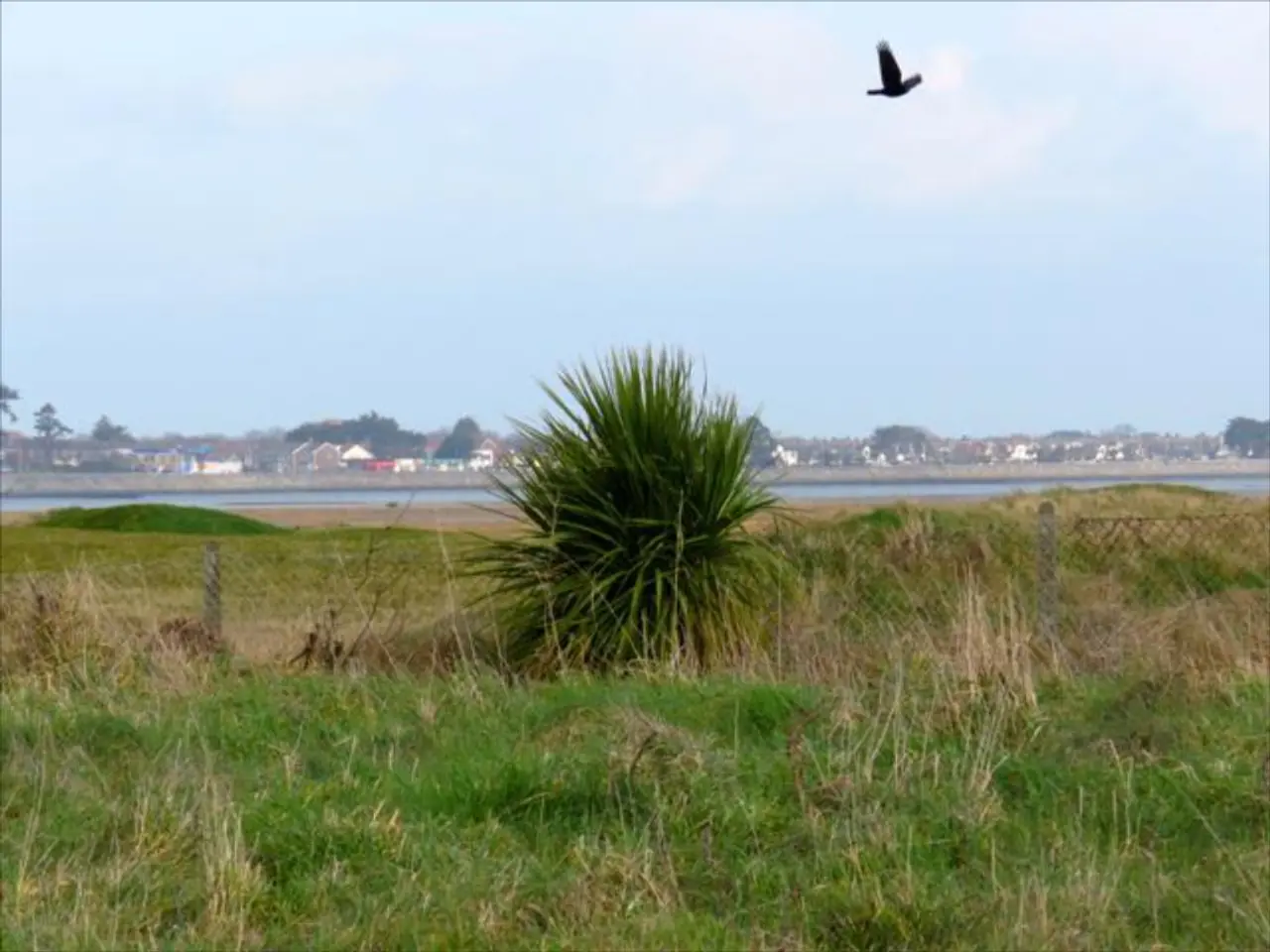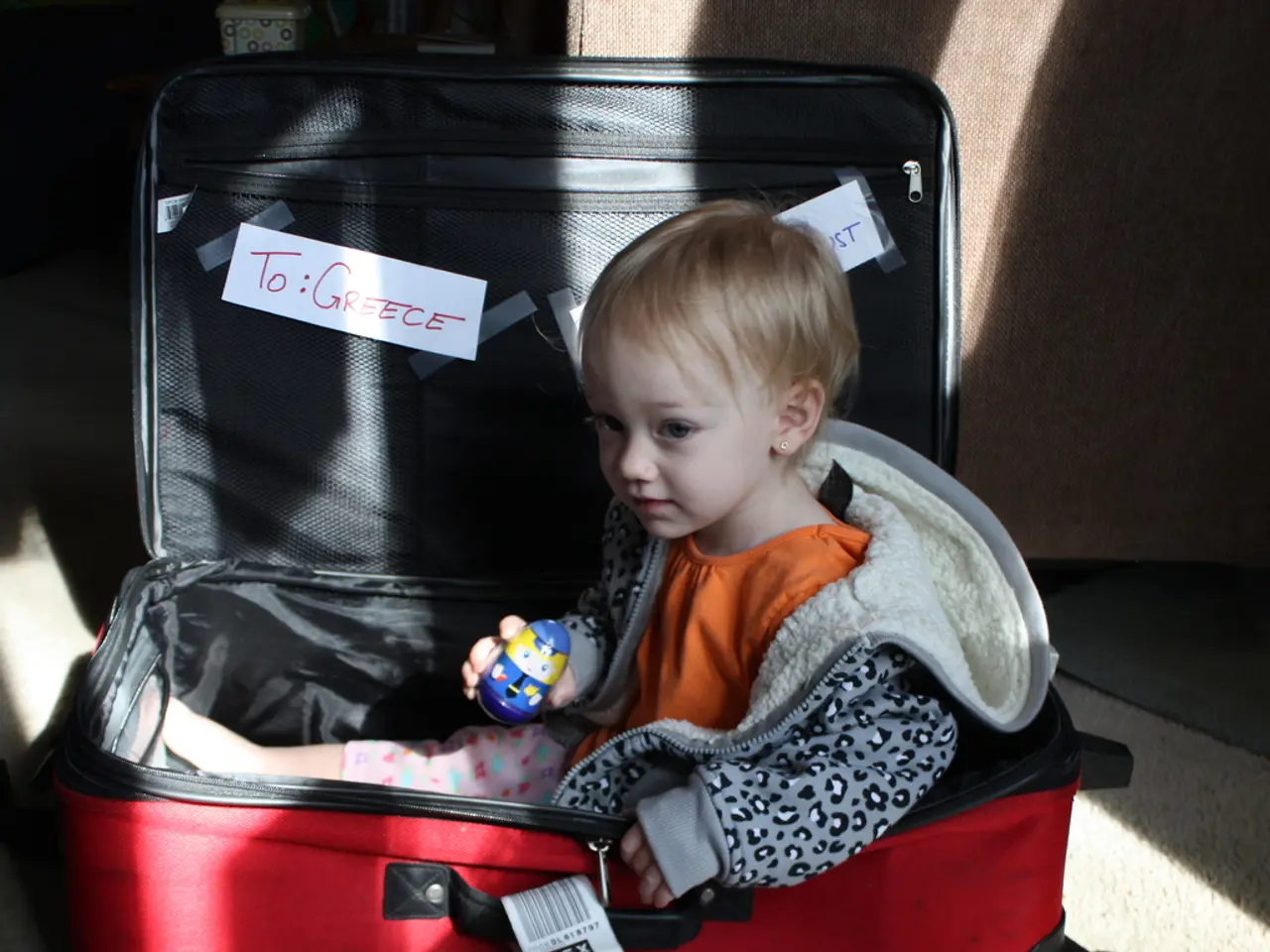Emphasizing the Significance of Early Exposure to Nature's Wonders
In the heart of New Zealand, a PhD candidate named Julie Whitburn is delving into the profound link between children's connection with nature and their environmental attitudes. Her research, part of the series "In Her Nature: New Zealand women changing the way we connect with the world around us," underscores the critical role of **nature connectedness** in shaping the ecological identity of young people.
Nature connectedness, as Whitburn defines it, goes beyond a mere appreciation for the outdoors. It encompasses a deep, subjective relationship with the natural world, acknowledging the importance of every aspect of nature, even those not immediately appealing, as integral parts of the ecosystem. This connection fosters a sense of belonging to a larger natural system, rather than a detachment from it.
In the unique cultural context of New Zealand, Whitburn's work incorporates traditional ecological knowledge (TEK), which emphasizes humans' roles within ecosystems through cultural teachings, rituals, and a recognition of biodiversity’s vital contributions. This cultural dimension deepens children’s nature connection, framing pro-environmental attitudes not just as a scientific understanding but as a cultural and ethical responsibility.
Educational approaches such as nature play and outdoor classrooms can further nurture this connection. These methods encourage exploration, creativity, and risk-taking in natural settings, contributing to cognitive development and positive environmental attitudes. Outdoor experiences also improve children's physical and psychological wellbeing.
Whitburn is passionate about giving every child the opportunity to play freely in nature, regardless of where they live. She believes that even nature near children's homes—not necessarily pristine—can make a significant difference. Her research provides evidence that providing natural areas near where children live can enhance their quality of life, psychological wellbeing, connection to nature, and care for the natural environment.
Citizen science projects, such as iNaturalist NZ, Litterati, Litter Intelligence, eBird, and the New Zealand Garden Bird Survey, can encourage children to interact with and support their natural environment. Sharing nature experiences with people children respect and who can instill in them a love of nature and care for the environment is also crucial.
In summary, Julie Whitburn's research highlights the importance of developing a strong nature connection in New Zealand children. This connection nurtures ecological identity and pro-environmental behaviors, enriched by cultural teachings and experiential learning in natural environments. By fostering this connection, we can cultivate long-term respect and care for the environment among young people in New Zealand.
For those interested in learning more about the pathways to nature connection, the University of Derby Online Learning offers a video titled "5 pathways to nature connection." For environmental education practitioners, the Practitioner Guide to Assessing Connection to Nature from the North American Association for Environmental Education provides tools to measure connection to nature in their programs. Profiles of people working in science, including New Zealand scientists, can be found on Pinterest boards under the titles "Women in STEM," "NZ scientists on the Hub," and "Careers in science."
[1] Whitburn, J. (2021). Nature connectedness in New Zealand children: A review of the literature and implications for environmental education. Unpublished doctoral thesis, University of Canterbury, Christchurch, New Zealand. [3] Whitburn, J., & Gough, H. (2020). Nature play in New Zealand: A review of the literature and implications for environmental education. Australasian Journal of Environmental Education, 36(1), 1-15.
The PhD candidate, Julie Whitburn, emphasizes that nature connectedness, as defined in her research, isn't merely about appreciating the outdoors, but rather cultivating a deep, subjective relationship with the natural world that recognizes the importance of every aspect of nature. This connection, she argues, extends beyond a scientific understanding of the environment, incorporating cultural and ethical dimensions as well.
Her study advocates for educational approaches such as nature play and outdoor classrooms, which foster exploration, creativity, and risk-taking in natural settings, thereby contributing to cognitive development, positive environmental attitudes, and improved physical and psychological wellbeing in children. Such experiences also enrich their connections to nature and nurture pro-environmental behaviors.




